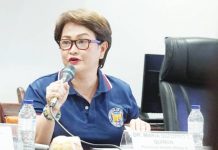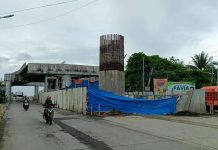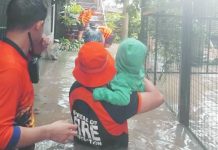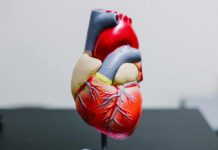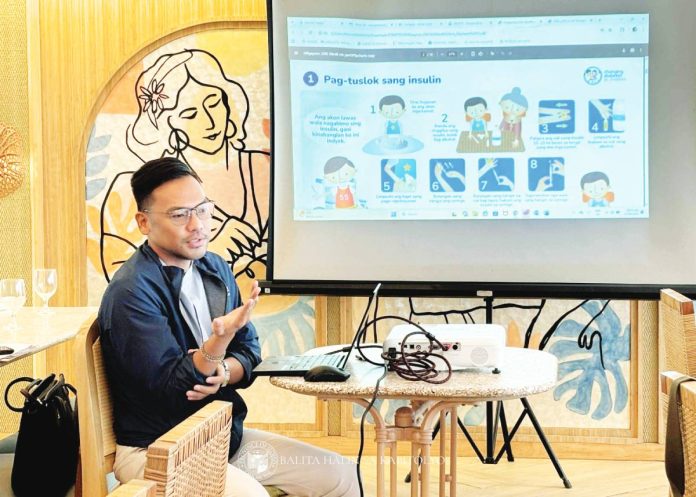
ILOILO – The Provincial Government of Iloilo is rolling out a major advocacy and support program to confront the rising threat of Type 1 diabetes, aiming to protect children, adolescents, and young adults through early detection and sustained management.
The Provincial Health Office (PHO) has reconvened its Diabetes Mellitus Technical Working Group (DMTWG) to push for wider health literacy, accessible screening programs, and stronger interventions that address the chronic disease.
“Our goal is to strengthen early detection through accessible screening programs and to encourage proactive changes that will help prevent Type 1 diabetes from impacting our youth,” said Maria Consolacion Ebrada, PHO Development Management Officer III.
Type 1 diabetes, also known as juvenile diabetes, is an autoimmune condition that develops when the immune system destroys insulin-producing beta cells in the pancreas.
It typically arises during childhood or adolescence, requiring lifelong insulin management and constant monitoring of blood sugar levels.
Without proper intervention, Type 1 diabetes significantly affects both the health and quality of life of patients.
To bolster the campaign, Iloilo has partnered with Humanity & Inclusion (HI), an international nongovernment organization specializing in supporting vulnerable populations.
HI is providing educational tools, standardized operating procedures, and medical resources such as insulin, glucose testing kits, and other vital supplies.
The program is expected to benefit 1,000 young Ilonggos, prioritizing those from disadvantaged backgrounds who have limited access to healthcare.
By merging education with medical support, the initiative aims not only to treat the disease but also to empower young people with knowledge about recognizing symptoms, adopting preventive measures, and managing the condition.
Officials emphasized that the advocacy goes beyond immediate treatment, symbolizing a long-term vision for better community health. Iloilo’s proactive approach, they said, is setting a model for how local governments can address chronic illnesses while improving the resilience of their populations./PN

